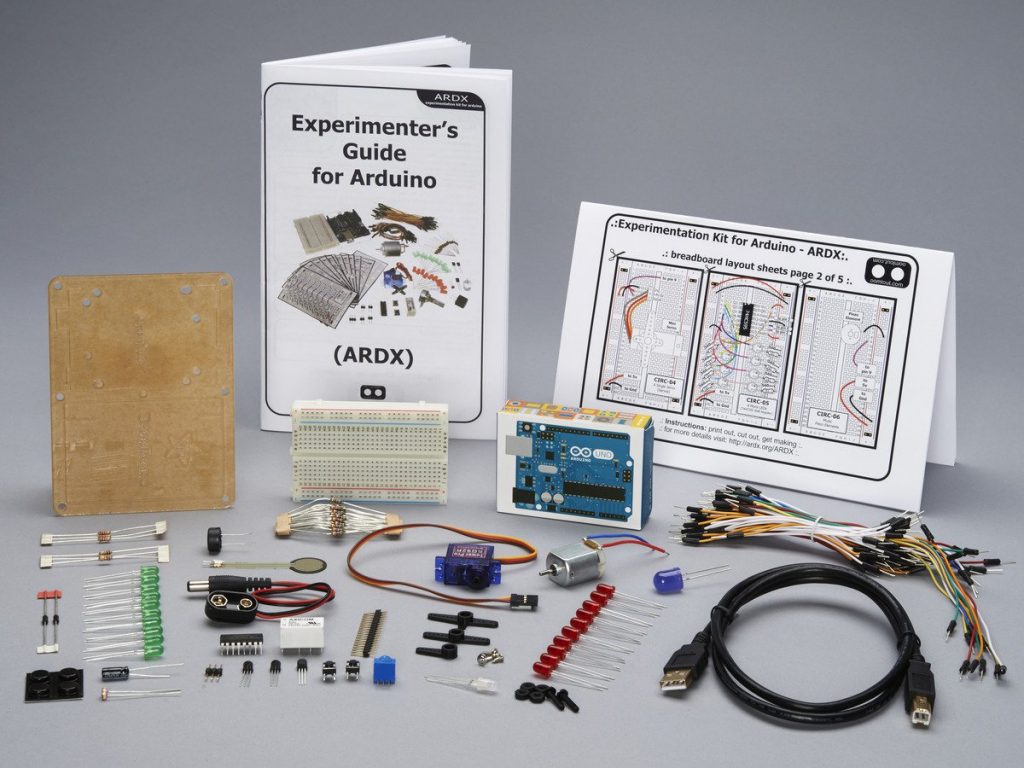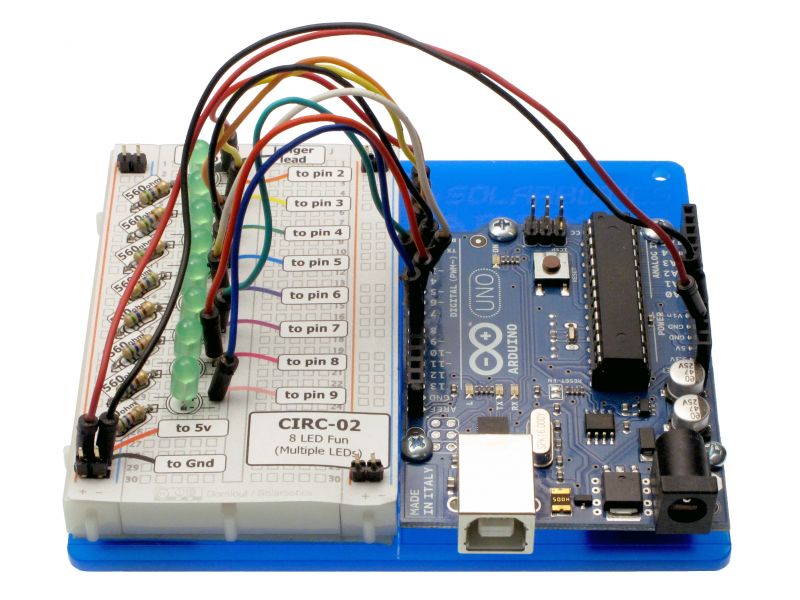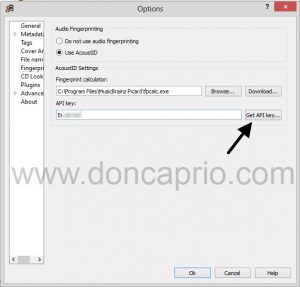If you have no idea what goes on under the cover of your computer, phone, or radio, you are definitely part of a big majority. The world of electronics is advancing very quickly indeed, and there are not many who can keep up. But those who make the effort to master the basics are in a good position to enjoy the wonder of what is happening. How can you get started?
Getting Going

Like Lego, there is a lot to be said for starting out by buying a kit. The Arduino Starter Kit is popular and comes with all you need for 15 simple projects. For those who are especially interested in computing, Raspberry Pi starter kits also come with a range of projects. For much less than £100 you can occupy yourself happily for hours and decide whether this hobby is likely to absorb you in the future.
Basic Equipment
There are some things you are definitely going to need sooner or later:
- A work surface. You will not be popular using the kitchen table for long, so the sooner you can arrange your own dedicated surface the better. You will need decent lighting, and you will want to set it up with a benchtop DC power supply. Invest in a good compartmental organiser for all your bits and pieces.
- A soldering iron is essential. Soldering is a skill you need to pick up, and a cheap soldering iron will not help you. So get a good iron with a variety of tip sizes and variable heat settings. You will also need a “Helping Hand” and a way to clean up your soldering mess, like a brass sponge or solder sucker.
- A digital multimeter tells you what is going on in every part of your circuit. It measures the basics of current, voltage and resistance, and the more advanced models also measure a number of other important variables such as temperature and capacitance.
Basic Supplies

You can develop your hobby rapidly with a stock of basic parts which are involved in most projects. A good one-stop-shop for most of the stuff you are likely to use would be RS Components, from simple transistors to complex logic circuit components. You will need plenty of these:
- Breadboards are temporary circuit boards on which you connect up the elements of your project as you test it all out.
- Printed Circuit Boards make your creation permanent.
- Resistors reduce the flow of current and voltage so that the right amount is delivered to each component.
- Capacitors smooth out the unavoidable small variations in voltage.
- Jumper wires plug into the breadboard and components to let you connect things up quickly.
A Great Hobby
If you have patience by the bucket-load, an active imagination, and a fairly steady hand, you will probably find in electronics a hobby that will suit you well. Frustrations lie ahead, but it is hard to beat the satisfaction of producing a working circuit that does what you planned at the outset.






Comments
One response to “Tinkering with Tech: Basic Tools for Electronics Hobbyists”